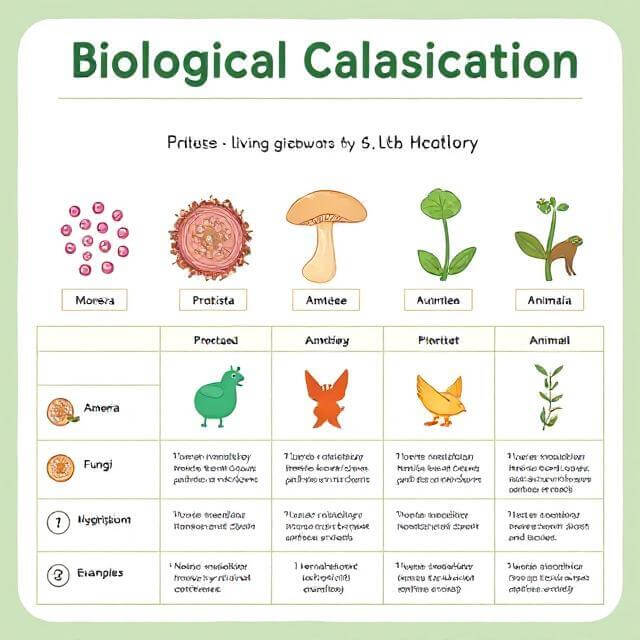What Makes a Great Leader? 10 Key Qualities & Skills for Success
Introduction: Why Leadership Matters
Leadership is important everywhere — in schools, offices, sports teams, and even in families. A leader helps others to do their best and to achieve success together. Good leadership can make a big difference in how well a group works and how happy people are. That’s why it’s important to know what makes a leader great.
1. Honesty and Integrity
One of the first things a great leader must have is honesty. Honesty means telling the truth and being fair. When leaders are honest, people trust them more. Without trust, it is hard for a leader to guide others. Integrity is also important — this means doing the right thing, even when no one is watching. A leader with integrity is respected and admired.
Example:
Think about a teacher who always keeps promises and admits mistakes. Students will trust and respect that teacher more than someone who lies or cheats.
2. Empathy: Understanding Others
Empathy means feeling what others feel. A great leader understands the problems and feelings of their team members. This helps leaders support their team better and create a friendly environment.
Why Empathy Matters:
- It makes people feel cared for.
- It builds strong relationships.
- It helps solve conflicts peacefully.
3. Clear Vision and Goal Setting
A leader must know where they want to go. This is called having a vision. A clear vision guides the whole team and helps everyone work toward the same goal. Without a goal, people can feel lost and confused.
How to Have a Clear Vision:
- Think about what success looks like.
- Set small goals to reach the big goal.
- Share your vision clearly with the team.
4. Communication Skills
Good communication is key to leadership. Leaders must explain their ideas clearly and listen to others. When communication is good, everyone understands what to do and why. This avoids mistakes and makes teamwork smoother.
Tips for Good Communication:
- Speak clearly and simply.
- Listen carefully to others.
- Ask questions if you don’t understand.
- Give and receive feedback kindly.
5. Emotional Intelligence: Managing Emotions
Leaders face many challenges and stress. Emotional intelligence means understanding your own feelings and controlling them. It also means noticing how others feel and responding well.
Benefits of Emotional Intelligence:
- Helps handle stress.
- Creates a calm and positive team.
- Improves decision-making.

6. Decision-Making Ability
Leaders must make decisions every day, sometimes very quickly. Good decision-making means thinking carefully, looking at facts, and choosing the best option. A great leader also takes responsibility for their decisions, whether they are good or bad.
7. Strategic Thinking: Planning for the Future
Leadership is not just about today but also about tomorrow. Strategic thinking means planning long-term and preparing for problems before they happen.
How to Think Strategically:
- Look at the big picture.
- Think about risks and opportunities.
- Plan for different possible situations.
8. Flexibility and Adaptability
The world changes fast, and a good leader changes with it. Flexibility means being able to change your plans if needed. When things do not go as expected, a leader stays calm and finds new solutions.
9. Motivation and Encouragement
A great leader inspires their team to keep trying, even when things are hard. Motivation means helping others feel excited and confident about their work.
How to Motivate Others:
- Celebrate small wins.
- Give positive feedback.
- Support people when they are tired or sad.
10. Accountability and Responsibility
Leaders are responsible for their team’s success and failures. A great leader admits mistakes and learns from them. They expect the same honesty from their team.
11. Confidence Without Arrogance
Confidence helps a leader make decisions and lead the team. But confidence should not become arrogance, which can make people feel bad. A confident leader believes in themselves and their team.
12. Empowering Others: Trust and Delegation
Great leaders do not do everything by themselves. They trust their team and give important tasks to others. This helps people grow and feel valuable.
Real-Life Examples of Great Leaders
Many famous leaders show these qualities. For example:
- Mahatma Gandhi showed honesty, peace, and strong vision.
- Nelson Mandela had empathy, patience, and courage.
- Steve Jobs was confident, visionary, and a good communicator.
These leaders changed the world by using their leadership skills.
How to Become a Great Leader?
If you want to be a leader, you can start learning and practicing these skills:
- Be honest and kind.
- Listen to others carefully.
- Set small goals and work hard.
- Practice speaking clearly.
- Learn from mistakes and never give up.
- Read books about leadership and watch videos.
- Ask for advice and feedback.
Challenges Leaders Face and How to Overcome Them
Difficult People
Leaders often face people who disagree or create problems. The best way to handle this is to stay calm, listen, and find a solution together.
Stress and Pressure
Leadership can be stressful. Good leaders manage stress by staying organized, taking breaks, and staying positive.
Keeping Everyone Motivated
Sometimes team members lose interest or get tired. Leaders keep the team motivated by encouraging and supporting them every day.
Conclusion: Great Leaders Make a Difference
Leadership is not about power or control. It is about helping others, making good decisions, and inspiring people to do their best. Anyone can become a great leader by learning and practicing important qualities and skills. If you work on honesty, empathy, communication, and vision, you will be on your way to becoming a leader who truly makes a difference.
Top 10 FAQs on What Makes a Great Leader
- What qualities make a great leader?
Great leaders are honest, empathetic, confident, good communicators, and visionary. - Can anyone become a great leader?
Yes, leadership skills can be learned and improved with practice. - Why is empathy important for leaders?
Empathy helps leaders understand their team’s feelings and build trust. - How does a leader motivate their team?
By encouraging, appreciating effort, and providing support during challenges. - What role does communication play in leadership?
Clear communication ensures everyone understands goals and works well together. - How can a leader handle stress effectively?
By staying organized, taking breaks, and managing emotions calmly. - Why is having a clear vision important for a leader?
A vision guides the team toward common goals and success. - How can leaders improve decision-making skills?
By gathering information, thinking carefully, and taking responsibility. - What is the difference between confidence and arrogance in leadership?
Confidence inspires trust, while arrogance can push people away. - How do leaders build trust within their team?
Through honesty, integrity, transparency, and by keeping promises.






